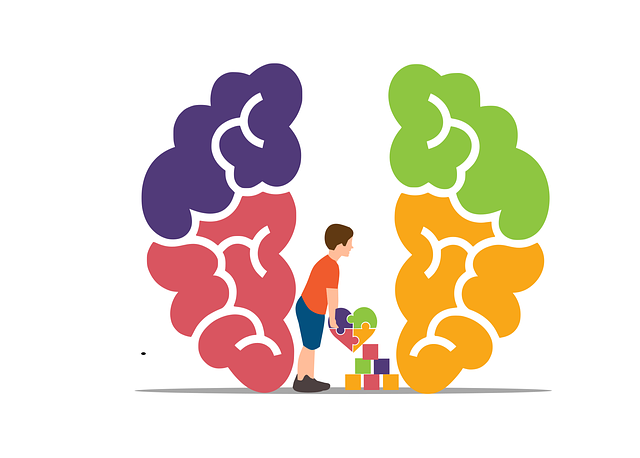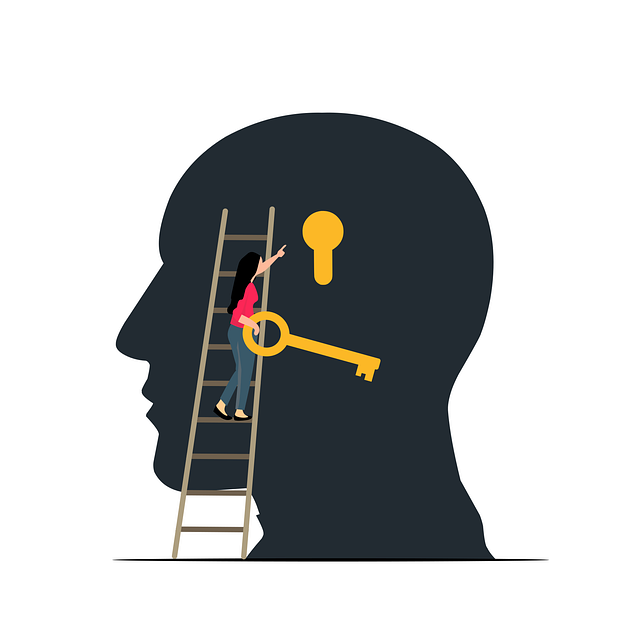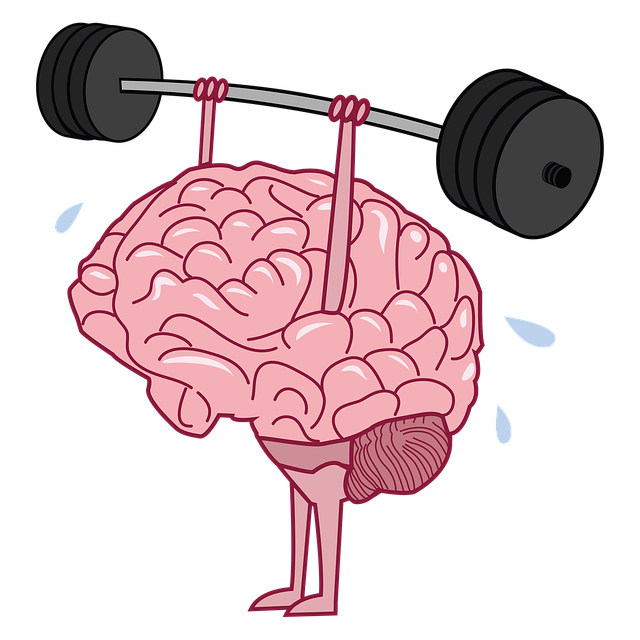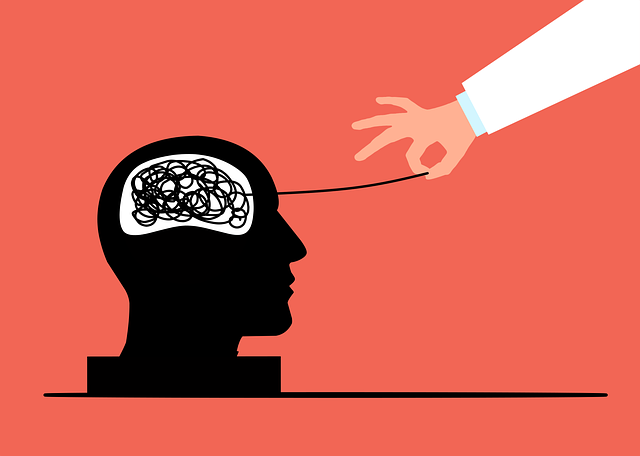In adult blended families with diverse relationships, risk assessment through therapy is crucial for harm prevention. This involves addressing step-parent dynamics and sibling relationships in shared custody scenarios. Techniques like Mind Over Matter, social skills training, and self-care routines help family members cope, communicate, resolve conflicts, and improve mental health. A comprehensive risk management plan, including tailored self-care practices, enhances resilience and emotional regulation, fostering open communication and stronger family bonds.
In today’s diverse family structures, therapy for adults in blended families is crucial for navigating complex dynamics and minimizing potential harm. This article explores three key aspects of risk assessment and harm minimization planning. We delve into understanding risk assessment within these unique families, providing therapists with effective strategies to implement harm minimization techniques. Additionally, we offer a comprehensive guide to developing risk management plans, ensuring the well-being of all involved.
- Understanding Risk Assessment in Adult Blended Families
- Harm Minimization Strategies for Therapists Working with Blended Families
- Implementing a Comprehensive Risk Management Plan for Optimal Family Well-being
Understanding Risk Assessment in Adult Blended Families

In the context of adult blended families—where two parents have children from different relationships or marriages—risk assessment plays a pivotal role in harm minimization planning. This process involves identifying potential challenges and risks unique to such family structures, including step-parent dynamics, blended sibling relationships, and adjusting to shared custody or co-parenting arrangements. Therapy for adults blended families is often crucial to navigate these complexities, fostering open communication, resolving conflicts, and promoting mental wellness.
Mindfulness Meditation and Mental Wellness Podcast Series Production can serve as valuable tools in this process, offering strategies for stress management, emotional regulation, and enhancing overall family functioning. By incorporating practices such as mindfulness meditation into daily routines, blended families can mitigate potential risks related to depression prevention and foster a more harmonious environment. These approaches support not just individual mental wellness but also strengthen the familial bond, creating a safe and supportive space for all members.
Harm Minimization Strategies for Therapists Working with Blended Families

Working with blended families requires therapists to employ specialized harm minimization strategies that cater to the unique challenges these families face. Many blended families struggle with complex emotional dynamics, step-parent relationships, and adjusting to new living arrangements. Therapists can facilitate adaptive coping mechanisms and strengthen family systems through various methods.
One effective strategy is incorporating Mind Over Matter principles, teaching clients techniques to manage stress, anxiety, and anger. Social Skills Training can also be beneficial, equipping family members with tools for open communication, conflict resolution, and positive interaction. Moreover, encouraging Self-Care Routine Development for Better Mental Health is crucial; promoting healthy habits like regular exercise, adequate sleep, and mindfulness practices enhances each individual’s resilience and overall well-being within the blended family context.
Implementing a Comprehensive Risk Management Plan for Optimal Family Well-being

Implementing a comprehensive risk management plan is essential for fostering optimal family well-being, especially within blended families where diverse dynamics and potential triggers may exist. This proactive approach involves identifying, assessing, and mitigating risks that could negatively impact individuals’ emotional health, particularly in the context of therapy for adults in these unique familial structures. By integrating self-care practices tailored to each family member’s needs, it becomes possible to enhance resilience and emotional regulation.
Promoting healthy coping mechanisms and anxiety relief strategies within blended families encourages open communication and a supportive environment. Through individualized therapy sessions, adults can explore and develop effective self-care routines that cater to their specific challenges. This holistic approach not only strengthens family bonds but also empowers each member with the tools needed to navigate life’s complexities, ensuring everyone involved thrives in a nurturing and secure setting.
In conclusion, understanding risk assessment and implementing harm minimization strategies are paramount in therapy for adults blended families. By comprehending the complexities of these family structures, therapists can develop comprehensive risk management plans that foster optimal family well-being. These strategies not only protect vulnerable individuals but also promote positive outcomes, ensuring a safer and more supportive environment for all involved.











